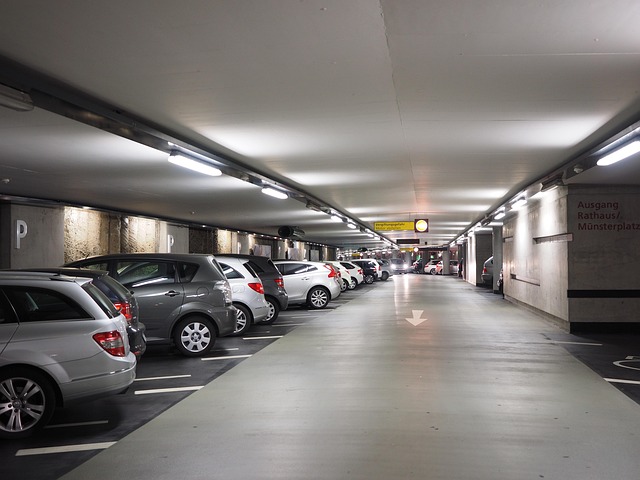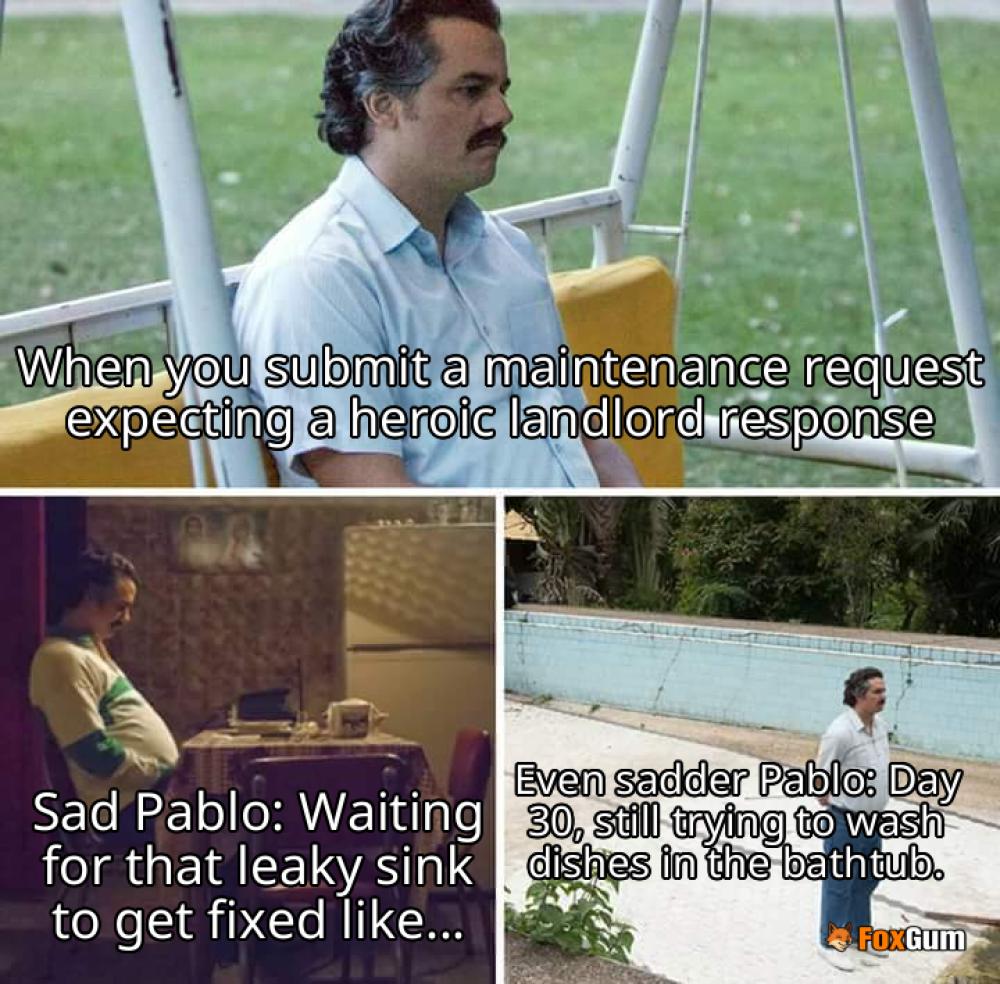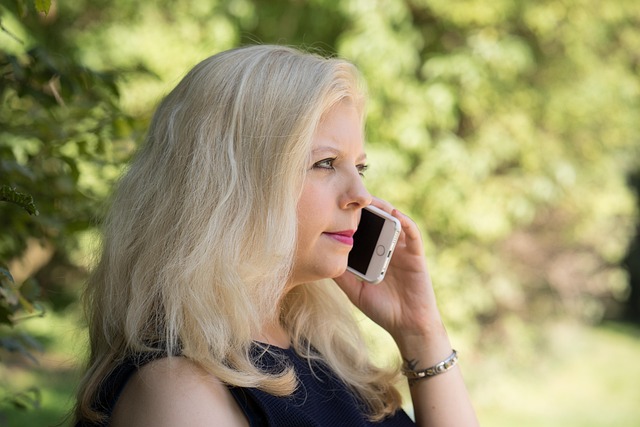
Parking Disputes with Neighbours in the UK
Parking disputes are a common source of tension between neighbours in the UK. These conflicts can arise for various reasons, such as inconsiderate parking habits, limited parking availability, or differing expectations regarding shared spaces. Understanding the legal framework and practical approaches to resolving these disputes can help maintain a harmonious living environment.
The Legal Landscape
In the UK, parking on public highways is generally governed by the Highway Code. This code outlines the rules and regulations for road users, including parking. It is important to note that unless a vehicle is parked in violation of these regulations, individuals are entitled to park on public roads. This can lead to frustration, particularly when one neighbour feels that another is monopolising a limited parking space.
Common Causes of Parking Disputes
Several factors can contribute to parking disputes between neighbours:
- Inconsiderate Parking: When a neighbour consistently parks in a way that obstructs access or creates inconvenience, it can lead to resentment.
- Limited Parking Availability: In residential areas where parking is scarce, competition for spaces can escalate tensions.
- Different Expectations: Neighbours may have varying views on what constitutes acceptable parking behaviour, leading to misunderstandings.
- Increased Vehicle Ownership: With more households owning multiple vehicles, the demand for parking spaces has risen, exacerbating conflicts.
Resolving Parking Disputes
When faced with a parking dispute, there are several steps that can be taken to address the issue:
- Open Communication: Initiating a conversation with the neighbour involved can often help clarify misunderstandings and establish mutual respect.
- Know Your Rights: Familiarising oneself with local parking regulations can provide a clearer understanding of what is permissible and what is not.
- Consider Mediation: If direct communication does not yield results, involving a neutral third party to mediate the discussion can be beneficial. Mediation can help both parties express their concerns and work towards a mutually agreeable solution.
- Document the Issue: Keeping a record of incidents, including dates and times, can be useful if the dispute escalates and requires formal intervention.
When to Seek Further Assistance
If a parking dispute cannot be resolved through communication or mediation, it may be necessary to consider further action. This could involve contacting local authorities or seeking legal advice. However, it is essential to approach this step with caution, as escalating the situation can lead to further conflict.
Conclusion
Parking disputes with neighbours can be frustrating, but understanding the legal framework and employing effective communication strategies can help mitigate tensions. By prioritising courtesy and respect, residents can work towards maintaining a peaceful neighbourhood environment.

















 Call Signs in Top Gun
Call Signs in Top Gun 
 Health
Health  Fitness
Fitness  Lifestyle
Lifestyle  Tech
Tech  Travel
Travel  Food
Food  Education
Education  Parenting
Parenting  Career & Work
Career & Work  Hobbies
Hobbies  Wellness
Wellness  Beauty
Beauty  Cars
Cars  Art
Art  Science
Science  Culture
Culture  Books
Books  Music
Music  Movies
Movies  Gaming
Gaming  Sports
Sports  Nature
Nature  Home & Garden
Home & Garden  Business & Finance
Business & Finance  Relationships
Relationships  Pets
Pets  Shopping
Shopping  Mindset & Inspiration
Mindset & Inspiration  Environment
Environment  Gadgets
Gadgets  Politics
Politics 